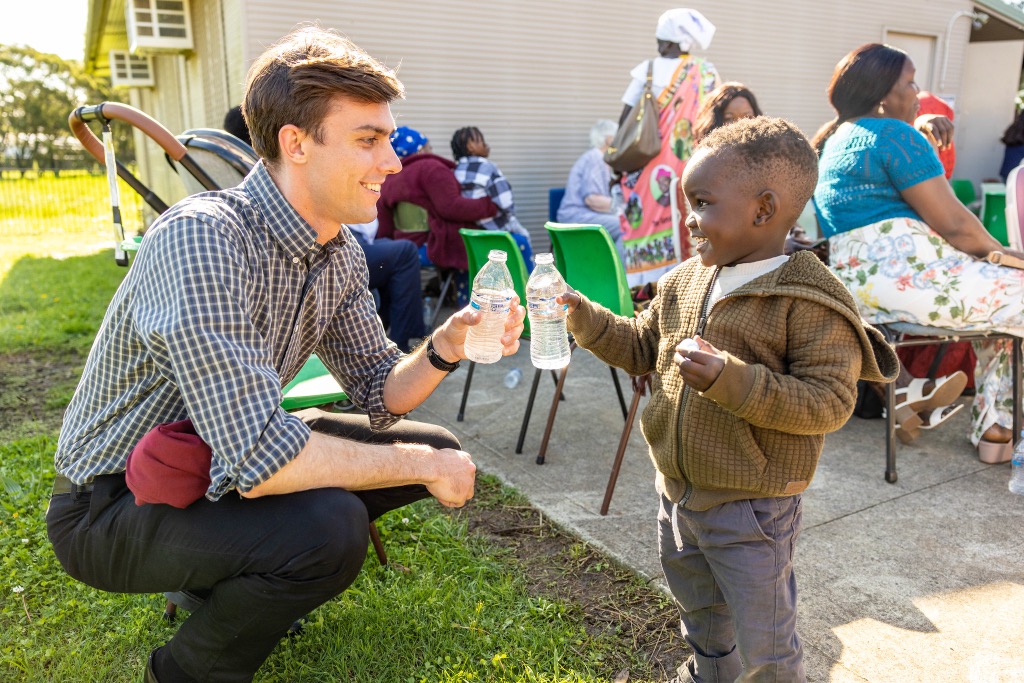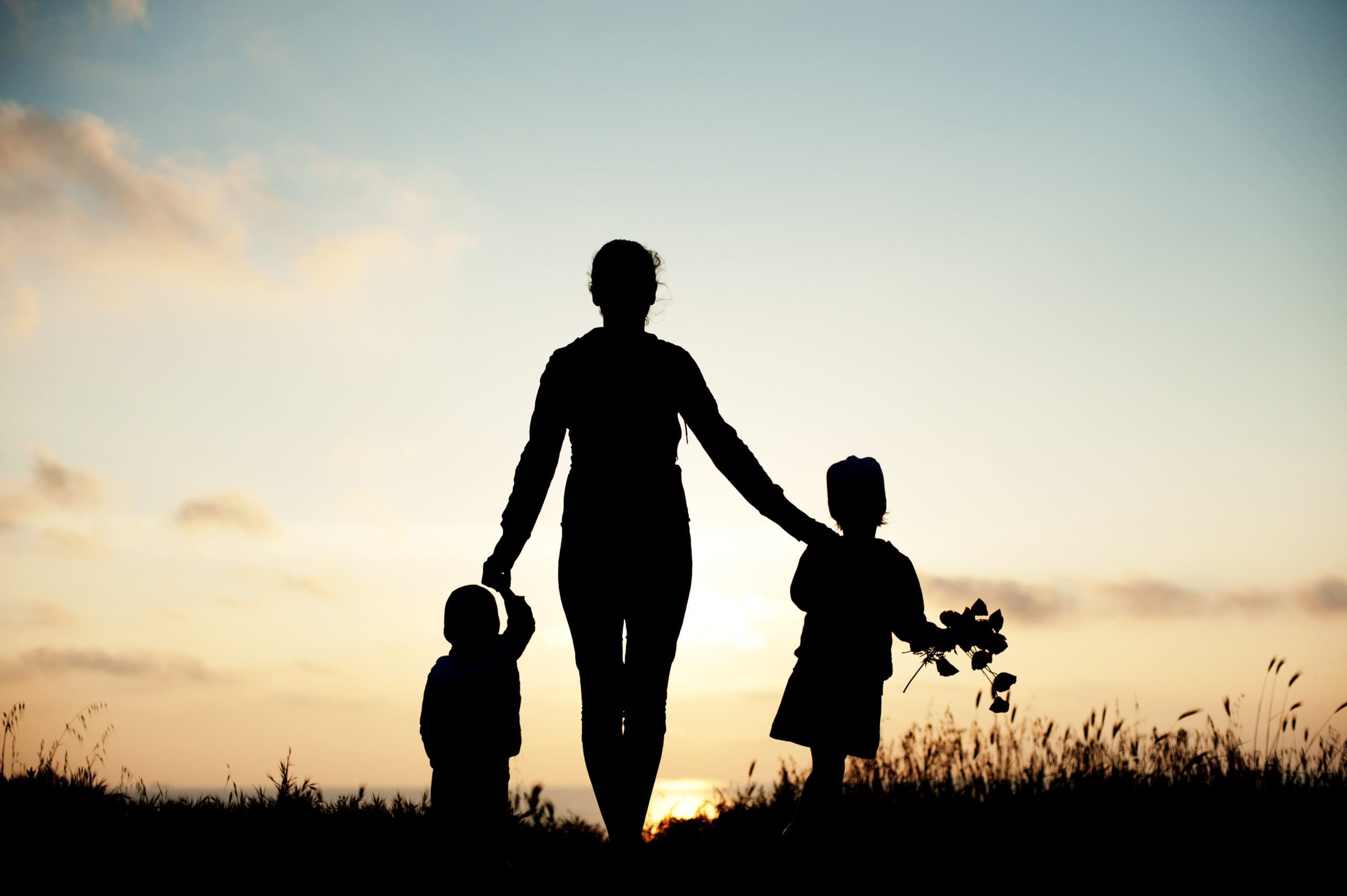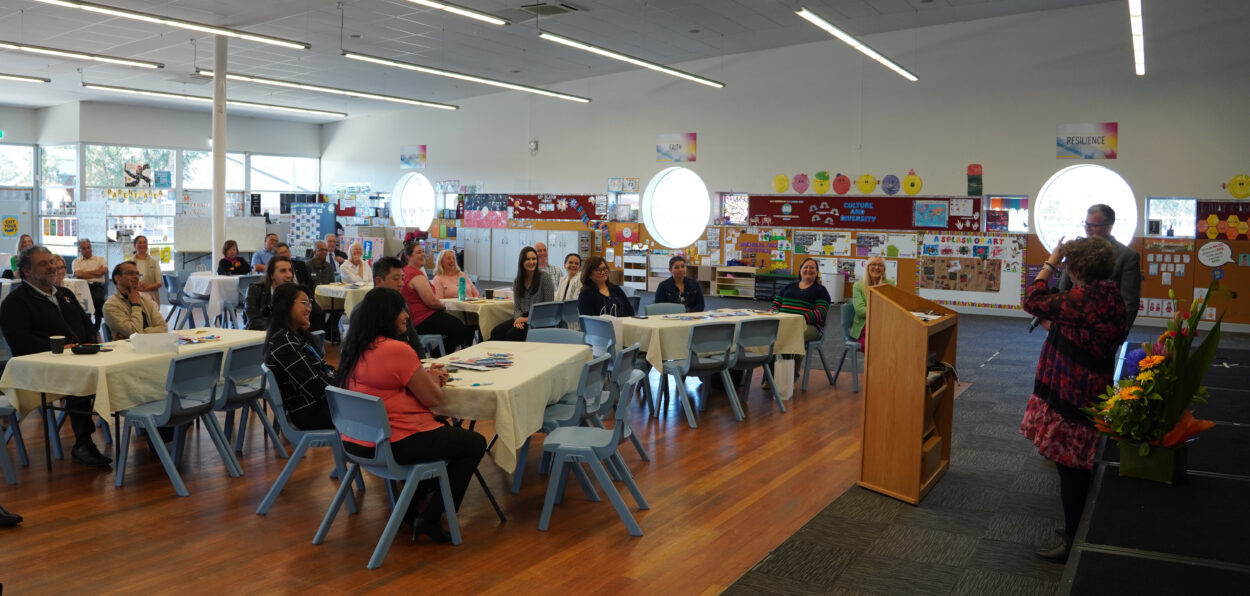What is Safeguarding
Safeguarding is a term used to describe the protection of the welfare and human rights of people who are, in some way, connected with our work, particularly people who may be at risk of abuse, neglect or exploitation.
Safeguarding is part of the Diocese of Parramatta’s duty of care.
Supporting the Safety of Our Community
The Diocese of Parramatta is committed to zero tolerance of abuse and through ongoing education of all Diocesan staff and volunteers is constantly focused on creating safe communities throughout all Parishes that care for children and adults at risk.
The Diocese supports all Parishes with ongoing education, safeguarding training, an online learning platform, face-to-face sessions and an extensive library of safeguarding resources.
We acknowledge and recognise the victims and survivors of abuse and offer our unreserved and deepest apologies for the hurt and suffering this abuse has caused.
All of our agencies and ministries are directly committed to the National Catholic Safeguarding Standards and the NSW Office of the Children’s Guardian Standards.
Celebrating and encouraging our young people to enjoy life in our Church community means prioritising their protection and ensuring all are treated with respect and care.
If you have concerns or complaints related to the conduct, behaviour, or actions of a member of the clergy, a staff member, a volunteer, or anyone within the church community, you can reach out to the Diocese of Parramatta’s Office for Safeguarding.
Our Safeguarding Support Centre contains resources to help you protect the safety and wellbeing of the most vulnerable in our community. Access guidelines, policies, forms and flyers to help make your church community a safe place for all in your care.
All staff and volunteers of the Diocese of Parramatta (including Parishes, Chaplaincies, Deanery and Diocesan ministries and councils) who work with children and adults at risk are required to complete Mandatory Safeguarding Training
The Parramatta Way
The Parramatta Way of Safeguarding is to
Act with Justice, and state that we have a zero tolerance for any form of abuse or harm to children or any person
Act with justice and ensure that laws and obligations are upheld, and safety is paramount
And it is to
Love tenderly, as we accept all who come to the Diocese of Parramatta from all walks of life, cultures, and abilities
Love tenderly, as we accept any person for who they are and where they are at in their lives
Love tenderly, as we look after and prioritise children and care for those who may be in a difficult situation or at risk of harm for whatever reason
Love tenderly, as we are servants of the Church, and our role is to walk beside you and support you
And acknowledge
The traditional custodians of the land in which the Diocese of Parramatta sits – the Darug and Gundungurra people
The lifelong trauma of abuse victims and those failures of the Church to protect children and all adults at risk
The diversity of many cultural groups that reside in Parramatta, creating a kaleidoscope of diversity and beliefs that are valued and respected
And celebrate the talents and gifts of the community and families of all abilities
And promote
The principles of Catholic social teaching of dignity, respect, association, participation, support for the vulnerable, solidarity, stewardship, subsidiarity, equality and the principle of the common good.
“This is what the Lord asks of you: only this, to act justly, to love tenderly and to walk humbly with your God.” (Micah 6:8)
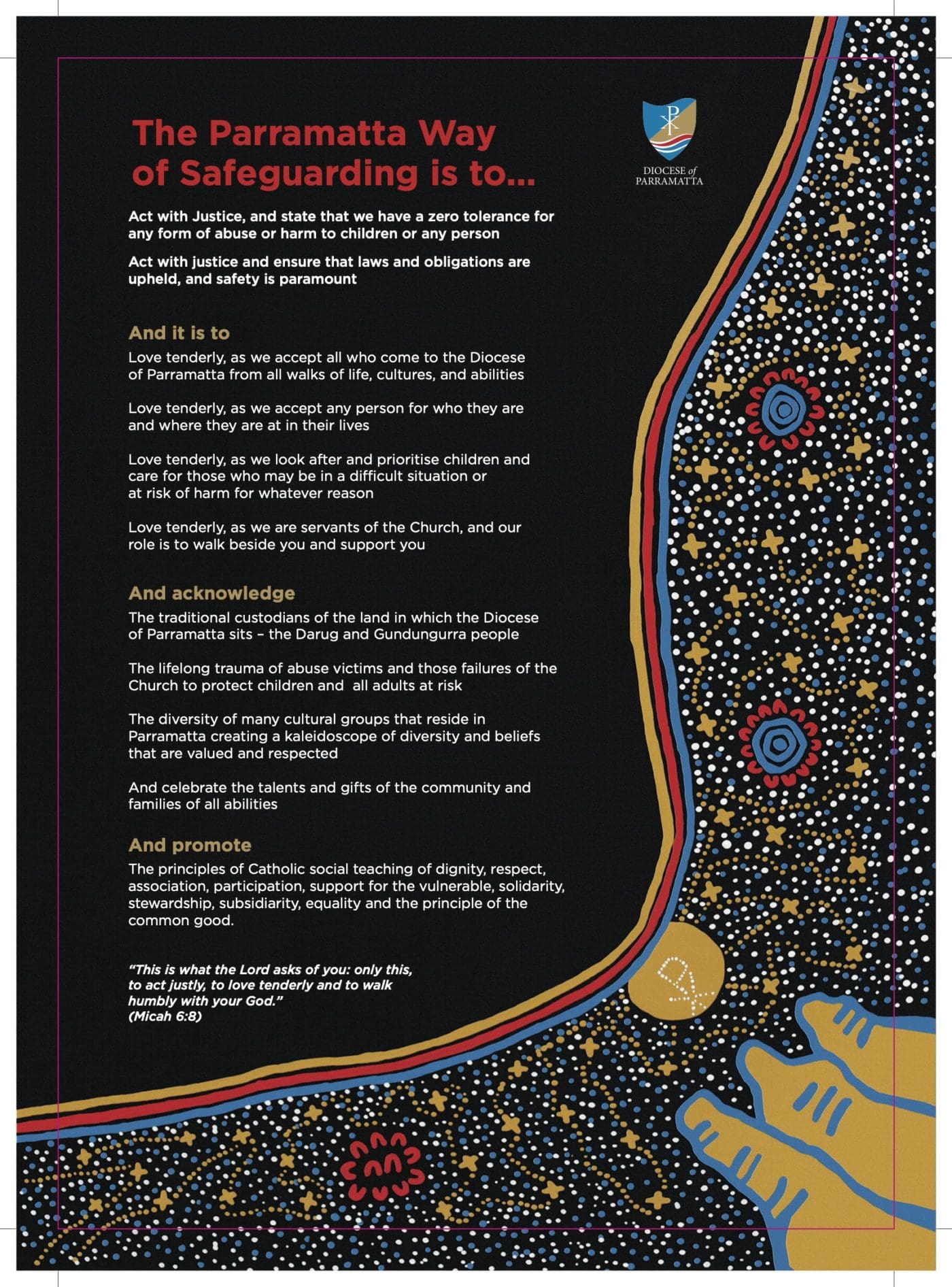
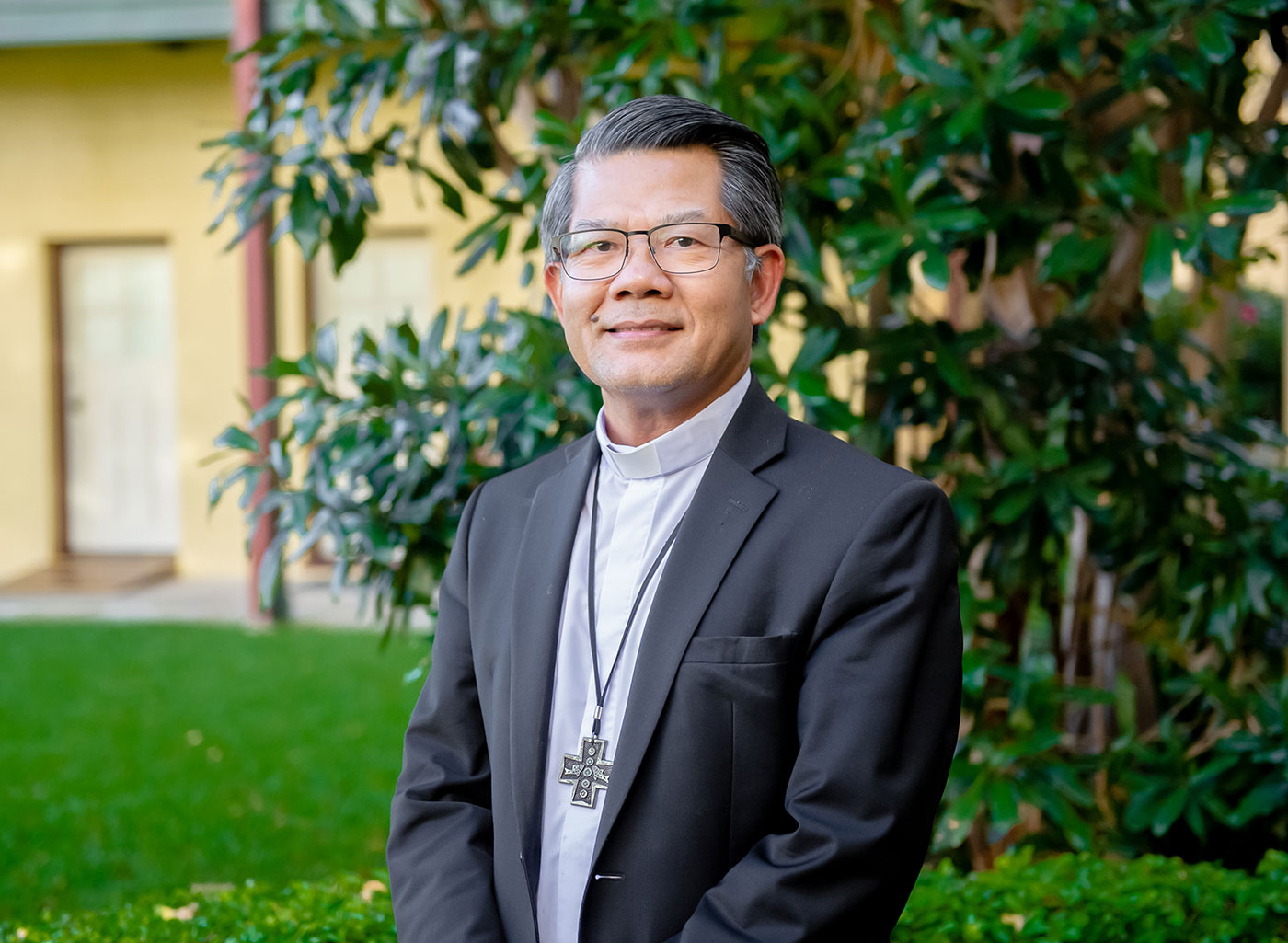
Statement of Commitment to Safeguarding
Dear Friends,
The Diocese of Parramatta is committed to being a community of safeguarding that actively promotes the dignity and rights of children and of all persons, particularly those who may be vulnerable.
We have zero tolerance to abuse of any form. We are committed to ensuring that all children and vulnerable adults under our care are safe, protected and enabled to flourish.
The Diocese of Parramatta offers its unreserved and deepest apologies to survivors of abuse and their families for the hurt and suffering this abuse has caused throughout their lives. We are absolutely committed to ensuring that no child entrusted to our care is ever harmed again.
The Office for Safeguarding
After listening carefully to individuals who had faced abuse and challenges within the Catholic Church in our Diocese, we recognised the necessity for a proactive and supportive approach. This prompted us to create a renewed service model in 2012, which led to the establishment of the Office for Safeguarding in July 2014.
In 2015, we introduced a Prevention, Healing and Support Service dedicated to assisting survivors of abuse. Since then, we’ve grown and adapted to address the growing awareness of safeguarding and the evolving needs of our community. Our progress has been guided by the insights of those who have experienced challenges within the church, professionals in relevant fields, and through close collaboration with various agencies within the Diocese.
